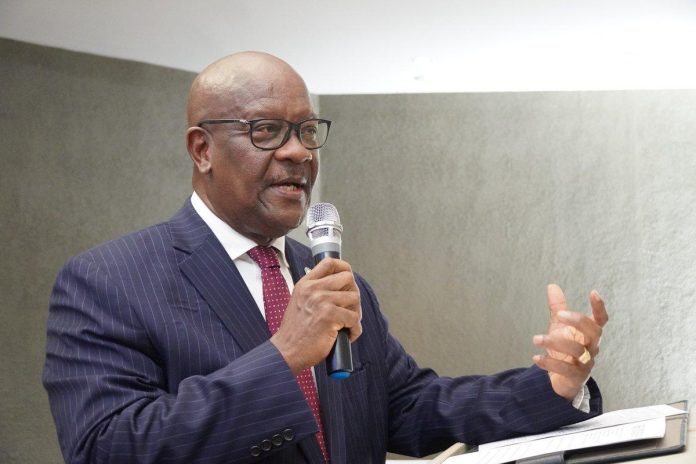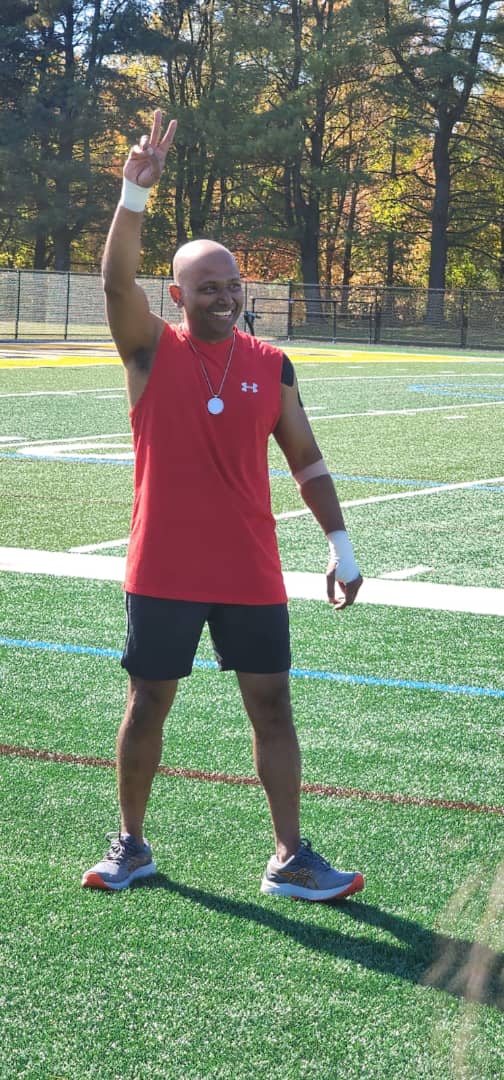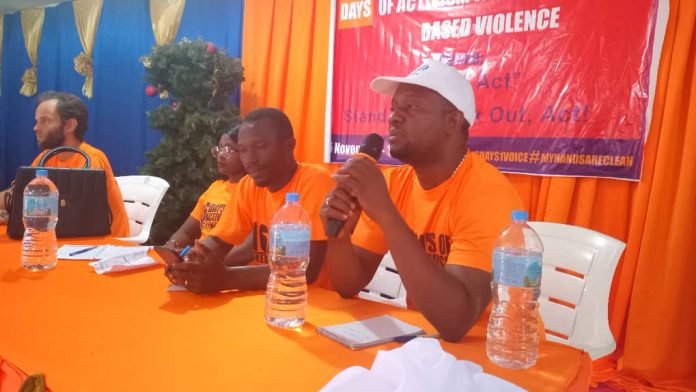By Amin Kef (Ranger)
NP (SL) Limited, a wholly indigenous petroleum company in Sierra Leone, continues to redefine customer care, economic empowerment and regional influence. Renowned as the “Pacesetter in Customer Care,” the company exemplifies the transformative potential of local ownership, strategic planning and service excellence. Its unwavering commitment to quality and reliability has solidified its position as the most customer-friendly player in Sierra Leone’s petroleum industry.
A recent nationwide survey reaffirmed NP (SL)’s status as one of the most successful and trusted homegrown enterprises. Respondents praised the company for its dependable service delivery, especially its role in averting fuel shortages that can disrupt social and economic activities. By maintaining a steady supply of petrol, diesel, kerosene and other essential petroleum products, NP (SL) has built a strong customer base, fostering trust and loyalty among Sierra Leoneans.
NP (SL) goes beyond fuel provision to address Sierra Leone’s pressing unemployment challenge. By prioritizing the recruitment of Sierra Leoneans at all operational levels, the company has become a leading job creator. This local employment strategy supports household income generation and contributes to the country’s economic stability. Industry stakeholders have recognized NP (SL) as a vital partner in poverty reduction and sustainable development.
An acclaimed Economist lauded NP (SL) for its successful implementation of the Local Content Policy, describing it as a “living example of how national policies can drive socio-economic progress.” He noted that it is rare to see an indigenous company employing locals at every operational level. NP (SL)’s approach highlights the potential of homegrown enterprises to foster capacity building, employment and sustainable development.
NP (SL)’s strategic expansion has further cemented its industry leadership. The establishment of additional Filling Stations across Sierra Leone has enhanced fuel accessibility for consumers in both urban and rural areas. This expansion aligns with NP (SL)’s mission to bring essential services closer to communities while maintaining competitive pricing. The Petroleum Regulatory Authority (PRA) has consistently praised NP (SL) for its operational efficiency and its critical role in ensuring fuel availability.
Given that fuel shortages often become politically sensitive issues in Sierra Leone, NP (SL)’s proactive measures to ensure a consistent fuel supply have stabilized the nation’s fuel supply chain. This stability supports businesses, commuters and households, thereby contributing to the country’s economic resilience.
NP (SL)’s commitment to innovation extends beyond fuel distribution. The company has introduced the NP Gas Cooker, a cleaner and safer alternative to traditional cooking methods. Available at NP outlets nationwide, the gas cooker provides a cost-effective and environmentally friendly cooking option. It reduces dependence on coal and wood, promoting healthier living conditions for Sierra Leonean households.
In the digital space, NP (SL) has transformed customer experience through cashless payment systems. The introduction of Smart Cards and, more recently, the Energy Pass Card, has revolutionized payment at NP service stations. These cashless solutions enable customers to purchase fuel conveniently, with real-time balance updates, nationwide access and offline functionality. The Energy Pass Card, in particular, offers unmatched convenience, boosting customer satisfaction and operational efficiency.
NP (SL) has expanded its operations beyond Sierra Leone’s borders, establishing a strong presence in neighboring West African countries, including Liberia, Guinea, Ivory Coast and The Gambia. By exporting its business model and operational expertise, NP (SL) has become a regional powerhouse in the petroleum sector. This cross-border growth has elevated Sierra Leone’s standing in the sub-region, portraying the company as a symbol of indigenous business excellence.
The company’s regional expansion has not only contributed to job creation in host countries but also fostered economic cooperation and integration within West Africa. This success story illustrates how indigenous firms can achieve sustainable growth beyond national borders.
NP (SL) plays a critical role in Sierra Leone’s domestic revenue generation. As one of the country’s largest taxpayers, the company makes substantial contributions to the National Revenue Authority (NRA). This financial support enables the Government to fund key development projects, including infrastructure, health and education. Successive Governments have acknowledged NP (SL) as a key partner in Sierra Leone’s socio-economic development.
The company’s tax contributions provide the Government with much-needed revenue for national development initiatives. By supporting the Government’s fiscal stability, NP (SL) demonstrates how indigenous businesses can drive economic transformation and sustainable development.
In a highly competitive industry, NP (SL) continues to stand tall as a results-driven organization that prioritizes integrity, professionalism and customer care. From its role as a reliable provider of fuel to its contributions to employment, revenue generation and regional trade, NP (SL) has become a symbol of national pride. Its ability to balance profitability with corporate social responsibility serves as a model for other local businesses.
NP (SL), as Sierra Leone’s premier petroleum marketing company, is committed to continuous improvement. Its focus on customer satisfaction, operational excellence and community development reflects its long-term vision of creating sustainable growth. Through bold strategies, local capacity building and community-oriented initiatives, NP (SL) exemplifies how indigenous companies can thrive in global markets while driving national development.
The petroleum marketing company is a shining example of how local ownership, innovation and strategic planning can yield transformative results. Its steadfast commitment to customer satisfaction, employment creation and service excellence has cemented its reputation as a national icon. By leading on multiple fronts, including regional expansion, digital transformation and corporate social responsibility, NP (SL) has become Sierra Leone’s undisputed leader in the petroleum sector.
The company’s success story is a testament to the power of indigenous enterprise in driving sustainable development. Its unwavering pursuit of excellence continues to inspire local businesses and entrepreneurs while advancing the socio-economic well-being of Sierra Leoneans.










